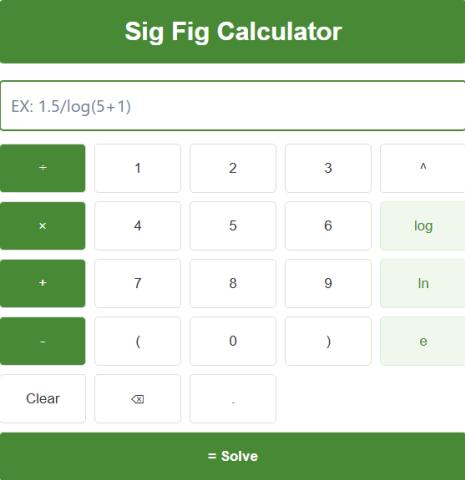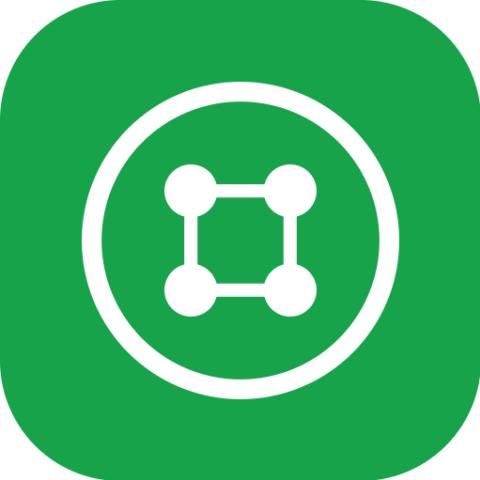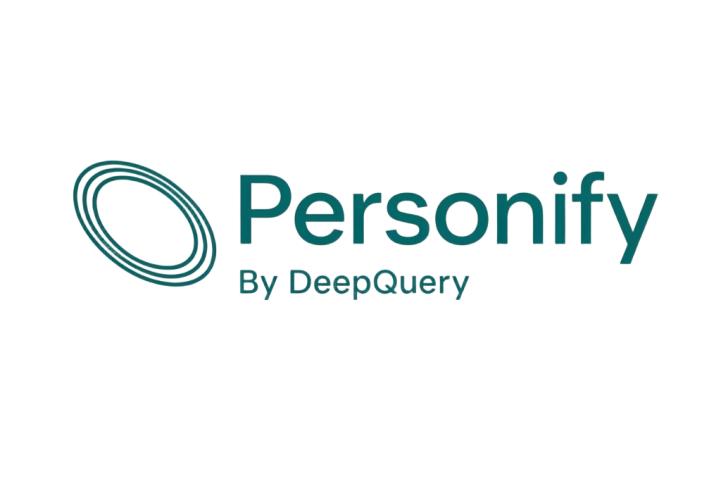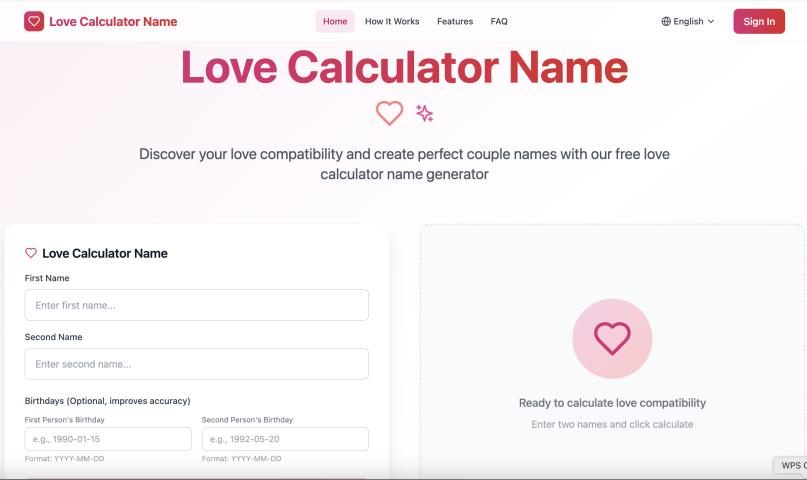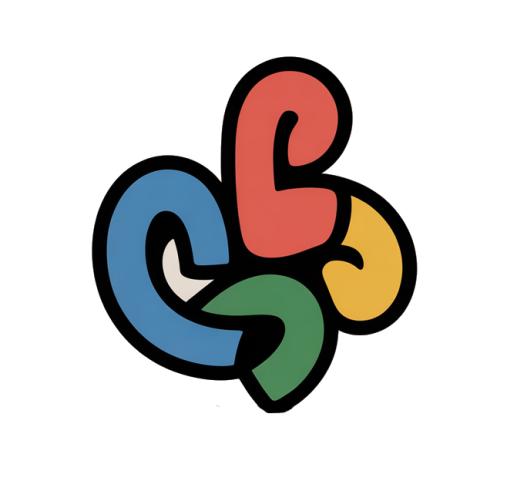Modern work culture often glorifies the hustle. The longer the hours, the greater the dedication—so we're told. But emerging research and age-old wisdom point to a different truth: rest isn't the enemy of productivity, it's one of its greatest allies.
Mental Space Fuels Innovation
Creativity thrives in mental space, not in crowded calendars. Neuroscientists have found that the brain’s “default mode network,” active during rest or daydreaming, is crucial for creative thinking and problem-solving. As psychologist Scott Barry Kaufman puts it, "Downtime is important. Taking breaks allows the mind to unconsciously work on problems in the background."
When we unplug from the constant demands of work, our minds are free to make unexpected connections—a key ingredient in innovation. Whether it's a walk in nature, an afternoon with a book, or simply doing nothing, these moments give our brains the breathing room they need.
Burnout Isn’t a Badge of Honor
According to the World Health Organization, burnout is now classified as an occupational phenomenon, characterized by emotional exhaustion, cynicism, and reduced professional efficacy. The irony? Trying to power through without breaks often leads to poorer performance, not better.
Taking time off, even just over the weekend, reduces stress hormones like cortisol and restores mental clarity. It’s not just about feeling good—it’s about functioning better. A study published in The Journal of Applied Psychology showed that employees who detached from work during off-hours experienced less fatigue and greater engagement during the workweek.
A Weekend Well-Spent is an Investment, Not a Luxury
Spending time on hobbies, socializing, or simply relaxing isn’t a sign of laziness—it’s a strategic recharge. You return with a sharper focus, increased motivation, and, often, a fresh perspective. As the saying goes, “You can’t pour from an empty cup.”
Stepping back isn’t slacking—it’s setting yourself up to come back stronger.





